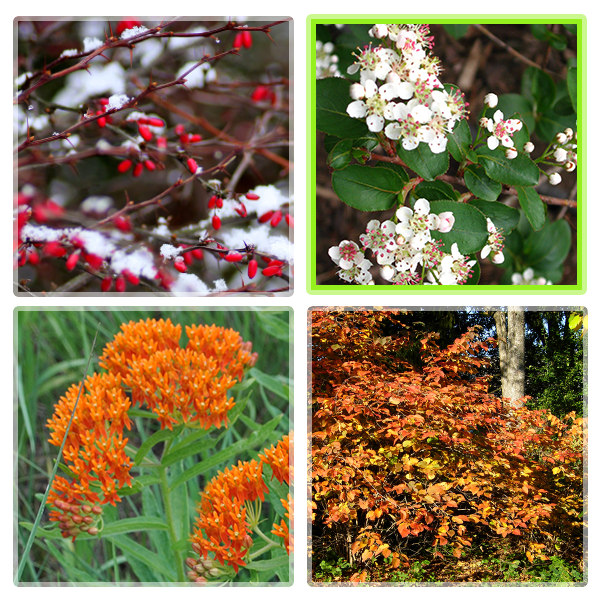Saving living space for living
things one yard at a time
Habitat as Home
Imagine being grabbed by the scruff of your neck, put in a box, and dumped somewhere far away. No food, no family, no idea of where to eat or sleep in safety. No knowledge of escape routes or the location of protection from predators. This is what happens to animals that are trapped and relocated.
Most don’t stay where they are put. One study showed that 97% of relocated squirrels are either dead or gone after eighty-eight days. Think what you would do. Your first impulse would be to return home. The next one would be to panic until you found food, friends, shelter or death. In her article “Strangers in a Strange Land,” Nancy Lawson recounts the above concerns, and she also offers some suggestions.
First, get species smart. For instance, one of the most maligned species is the opossum. It is beneficial to gardeners because of its appetite for insects and rodents. A Humane Society spokesman said, “Doing anything to a ’possum is just the silliest thing in the world.” They are harmless even if not pretty.
Second, humanely evict nesting animals. Waiting for them to leave on their own is the preferred method. Encourage their exit to a new site by preventing re-entry into structures while encouraging them to move young to alternate dens. Try a loud radio or obnoxious odors like ammonia. As observers of nature it is our responsibility to find a spot for nature in our personal ecosystems.
Third, reshape your environment. Provide shelter away from your home. Build brush piles for habitat away from the house. Consider installing chimney caps, sealing porches and sheds, and creating other barriers to entry into your home. For gardens, temporary or permanent fencing is the most effective way to exclude wildlife.
More tips are available at humanesociety.org/wildlifesolutions.
Enjoy the animals your yard shelters! Learn something about their habits. Very few people see a fox in the wild. If you are fortunate enough to have a fox visit your porch, enjoy the rare opportunity. Plus foxes eat pests.
— Robert Cantwell

